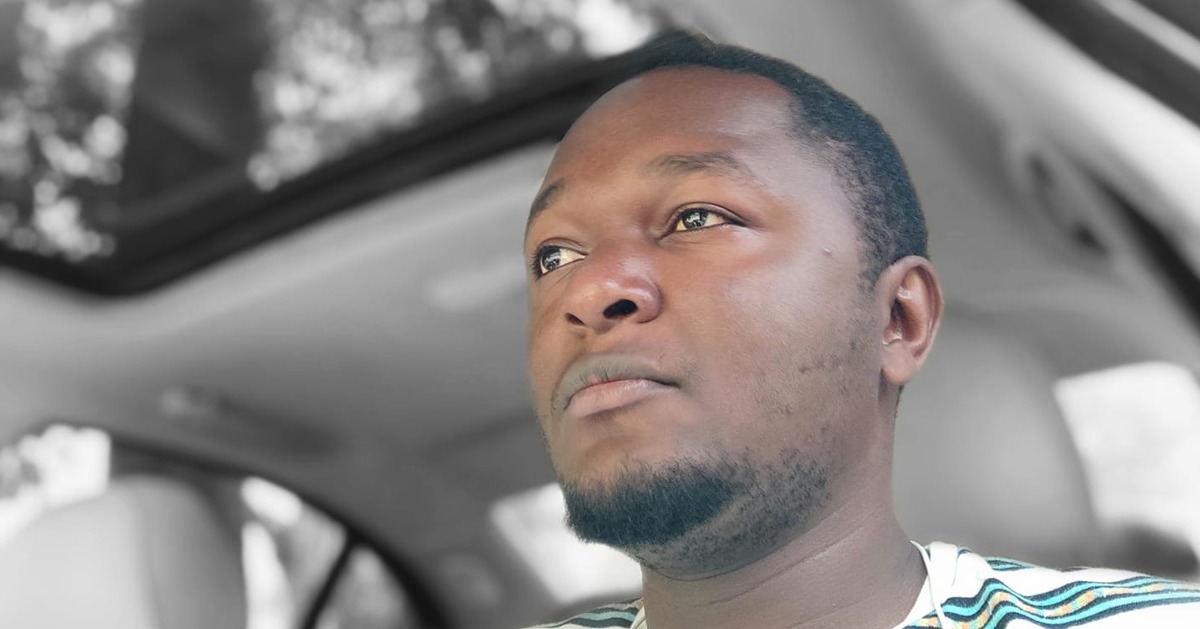By Ngare Kariuki
My journey through depression over the years was plagued by one uncomfortable fact — I did not relate to many of the depression stories I heard around me and in the media.
In the stories I heard, the depressed people were always victims of some external trauma:
A parent failed to love them;
A friend abandoned them;
A relative abused them;
or fate dealt them a bad hand through a lost job, broken body or some other misfortune.
This has not been my story.
In my depression story, many of my wounds, as far as I can tell or remember, have been self-inflicted.
If I mourned a lost friendship, broken relationship or bad circumstance, I could almost always trace it back to a deliberate selfish decision that I had made in the past.
My girlfriend didn’t leave, I pushed her away;
My mother did not hate me, I took her love for granted;
I wasn’t fired from that job, I quit;
They did not leave me out of their parties, I declined the invitation;
They didn’t lock me out, I locked myself in;
Almost every relational trauma I was dealing with in my depression could be traced back to a selfish, callous, sinful decision I had made some years before.
I simply did not have the luxury of tracing my present suffering to people who had been evil or cruel towards me.
Taking a cue from modern psychology, I simply could not track down that childhood trauma that I could name as the source of all subsequent misbehaviors on my part.
And this made my pain doubly painful.
It was like, while others went through life experiences that made them depressed, I was born depressed and my actions only served to deepen the hole.
Even the Bible offered little help by way of examples.
Almost every despondent character in the Bible was an “innocent victim” in some way.
Joseph was in prison for trying to do the right thing;
Jeremiah lamented over sins of a nation while maintaining his own integrity;
David lived in caves because king Saul was jealous of his success;
Hosea’s wife prostituted herself even as the prophet stayed faithful to her and his God;
Even the sinless Jesus despaired because He was about to bear the sins of the world — not His own.
The pattern in the Bible seemed fo fit the pattern I saw in the world and stories of mental health. Every victim of depression is in one way or another a victim of circumstance and never the perpetrator in his own despondency.
That’s why reading a rare gem like Psalm 51 was like stumbling upon an unexpected Oasis in a desert.
“I know my transgressions,
and my sin is always before me.
Against you, you only, have I sinned
and done what is evil in your sight;
so you are right in your verdict
and justified when you judge.”
I resonated with those words! That’s a “depression” I could identify with!
David did not cite how childhood trauma led him to take advantage of Bathsheba and kill her husband. David did not reflect on the hard years running away from Saul as the possible root of his adulterous tendencies.
“Surely I was sinful at birth,
sinful from the time my mother conceived me.” (Ps 51:5)
No, his Spirit was crushed because of his own sin. If David was a victim in his depression, then he was also the perpetrator in the trauma that caused it.
This made me start thinking differently about the unpopular advise: “forgive yourself.” When the crime committed also harms the one who commits it, it is only logical to tell the person to “forgive yourself.”
That’s what I needed to do. Forgive myself.
Not debate the biblical correctness of “forgiving myself”, but acknowledge that I was going through an emotional and psychological experience that is best articulated using a heretical piece of advise like “forgive yourself”.
If we ought to forgive those who wrong us, then it is only reasonable to follow the same advise when the person wronged also happens to be the person who did wrong.
But David also taught me another, deeper, lesson: My sin against myself, was really my sin against God.
Any wrong I had done to another person that resulted in negative consequences on myself, was primarily a wrong done against God.
You see, without God as my reference point, I would have no reason to call those actions against others wrong, or be depressed about them. I was suffering the consequences of my sinful actions because my actions had upset the order of a world ordered by a good God.
In feeling that I needed to forgive myself; I was expressing the fact that I was suffering the consequences of bad actions, and that I was guilty of the very same actions.
The perpetrator in me needed forgiveness, and the victim in me needed healing.
Only God could disentangle such an intricate web of guilt and pain. Only God could truly redeem me from my self-inflicted trauma.
Only God could make sense out of my odd story in which I seemed to be the victim of my own abuse of others and, ultimately, God.
Against God, God only, had I sinned.
This is where the healing began…
#AlienCitizen
Mr. Ngare is a husband, father and a Communications Specialist. He describes himself as a human “writes” advocate who values good writing and bringing out the human condition in every literary work.

